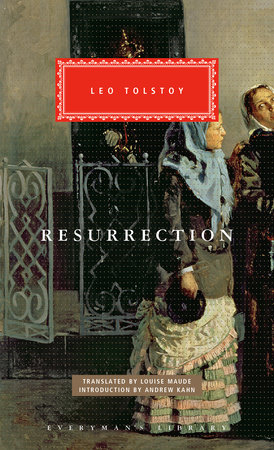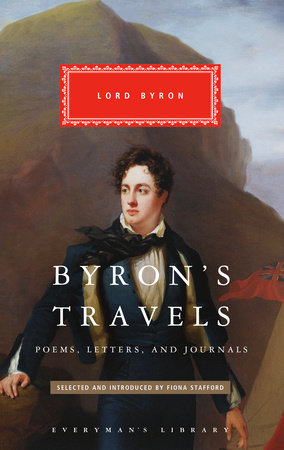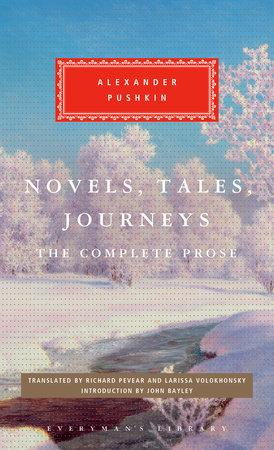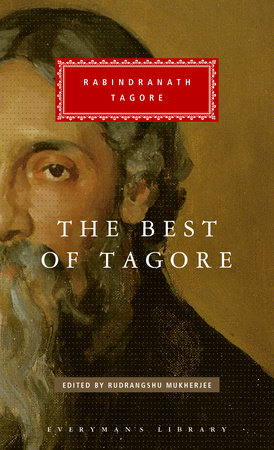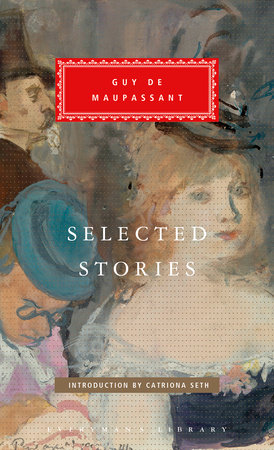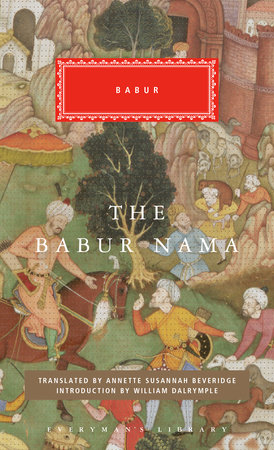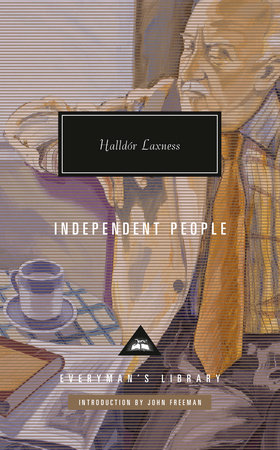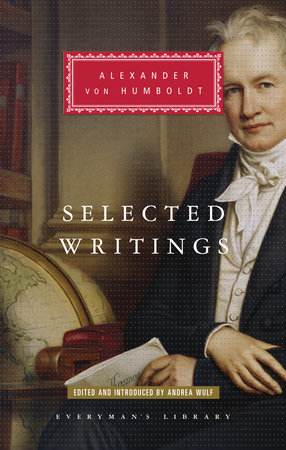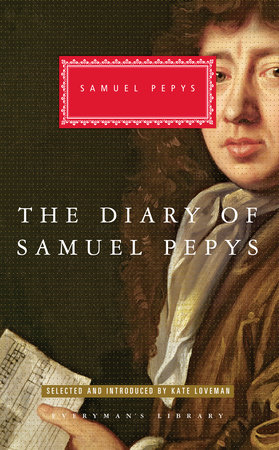
Nest of the Gentry, Virgin Soil
Ivan Turgenev Introduction by Andrew Kahn
Hardcover
April 14, 2026 | ISBN 9798217008278
AmazonBarnes & NobleBooks A MillionBookshop.orgHudson BooksellersPowell'sTargetWalmart
About the Book
Turgenev's popular 1859 novel has been translated into English under various titles, including House of the Gentlefolk, Home of the Gentry, and A Nobleman’s Nest. Fyodor Lavretsky is a nobleman whose mother was a serf who died when he was young, leaving him to be brought up on his father's country estate by a cruel aunt. Years later, living in Paris, Lavretsky discovers that his beautiful and flirtatious wife has been unfaithful. Broken and disillusioned, he returns to the family estate where he falls in love with a young cousin, Liza, whose simple and serious nature is a contrast to his wife’s. A false report of his wife’s death prompts him to declare his love to Liza, with tragic results for both of them.
Virgin Soil, published in 1877, is both a love story and a bitterly funny social satire. It was inspired by the idealistic youth of 1870s Russia who rejected their lives of privilege to live among "the people,” often hoping to improve the miserable lives of workers. Alexey Nezhdanov, illegitimate son of an aristocrat, is determined to radicalize the peasantry and inspire them to political action. He takes a job at a country estate as a tutor to a politician's child, though his ambitions to effect social change are complicated by his growing love for a niece of his employer’s family.
While both these novels testify to Turgenev’s reputation as the foremost Russian political novelist of the nineteenth century, they are equally remarkable for his ability to render his characters as compellingly vivid individuals struggling to reconcile their ideals with their emotions.
Everyman's Library pursues the highest production standards, printing on acid-free, cream-colored paper, with full-cloth cases with two-color foil stamping, decorative endpapers, silk ribbon markers, European-style half-round spines, and a full-color illustrated jacket. Everyman’s Library Classics include an introduction, a bibliography, and a chronology of the author's life and times.


